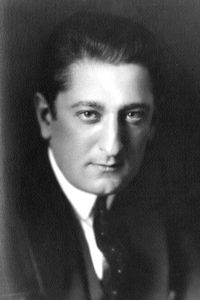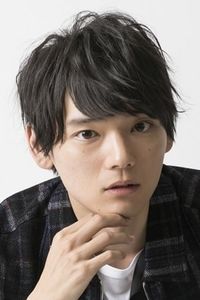Born in San Francisco's vibrant Castro District, Allen Holubar emerged as the first of five children to Constantin Josef Holubar and Margaret Allen C. Holubar, who had immigrated from Bohemia in 1875 and subsequently married Margaret, a Scottish woman, in San Francisco. The family's residence at 44 Caselli Avenue, where Allen was born, still stands today, a testament to the enduring legacy of this remarkable individual. Despite his parents' aspirations for him to follow in their footsteps as a machinist, Allen's passion for the performing arts led him to rise from sweeping floors to acting, initially at the esteemed Alcazar & Alhambra Theatres in San Francisco.
As a prominent dramatic actor, Allen's talent and charisma resonated widely across the United States from 1908 to 1912. However, he ultimately traded in his role as a legitimate dramatic actor for the emerging world of cinema in 1913. Following stints as a star and director, Allen joined Carl Laemmle's Universal Pictures, becoming one of the studio's first directors. A creative and entrepreneurial spirit, Allen eventually parted ways with Laemmle and founded his own production company, Allen Holubar Pictures, in 1917.
As a pioneering producer, Allen made history by coordinating the first-ever movie shoot using radio technology, as seen in his 1922 film Hurricane's Gal. This groundbreaking achievement was met with widespread acclaim, with local newspapers praising Allen's innovative use of wireless waves to direct the movements of an airship, a destroyer, and a schooner, all while supervising the action from a hydroplane hovering above.
Tragically, Allen's life was cut short due to postoperative complications from gallstone surgery in 1923, at the height of his career. His wife, the former actress Dorothy Phillips, went on to revive her acting career in the mid-1960s, appearing as an elderly woman in the iconic Western film Cat Ballou (1965),starring Lee Marvin and Jane Fonda.










